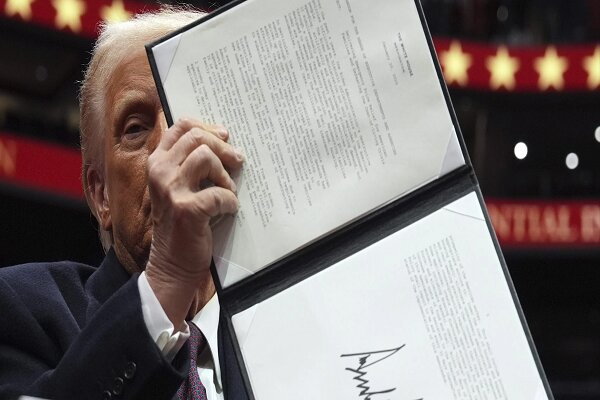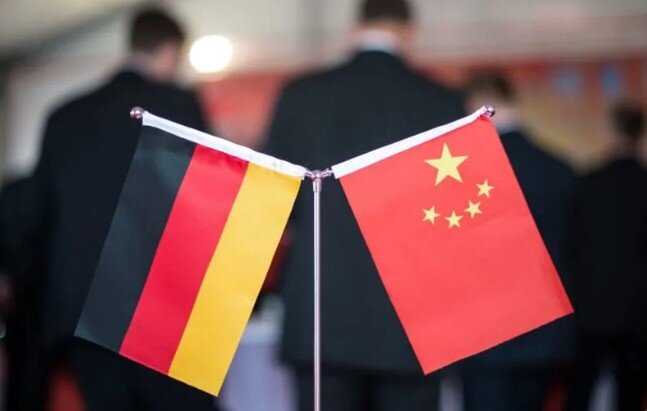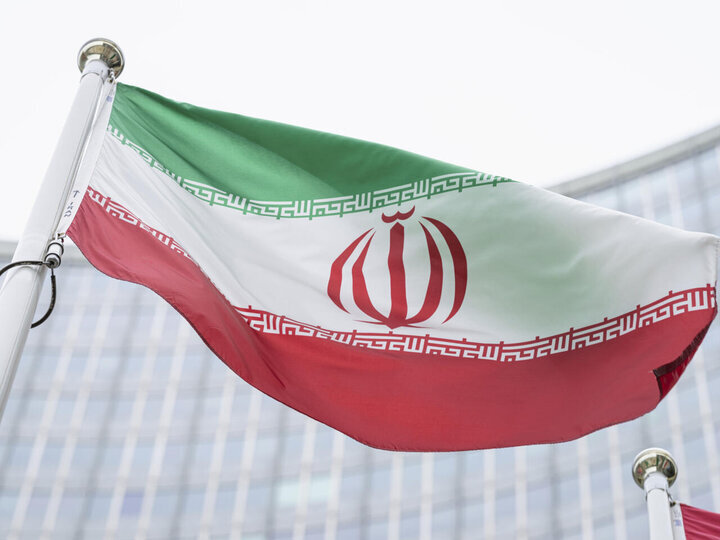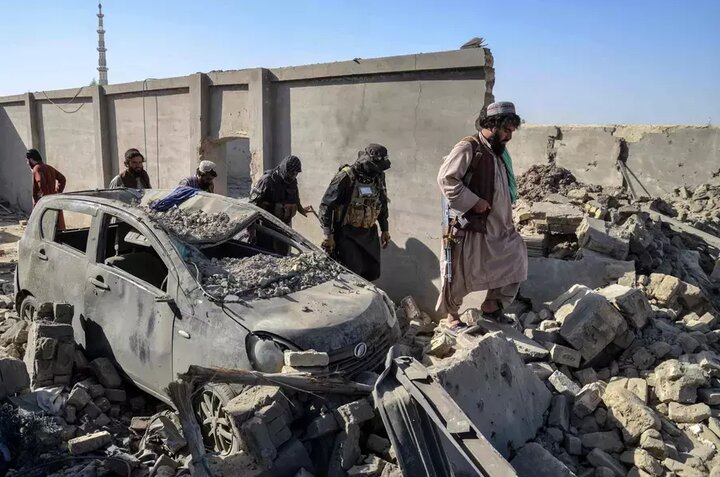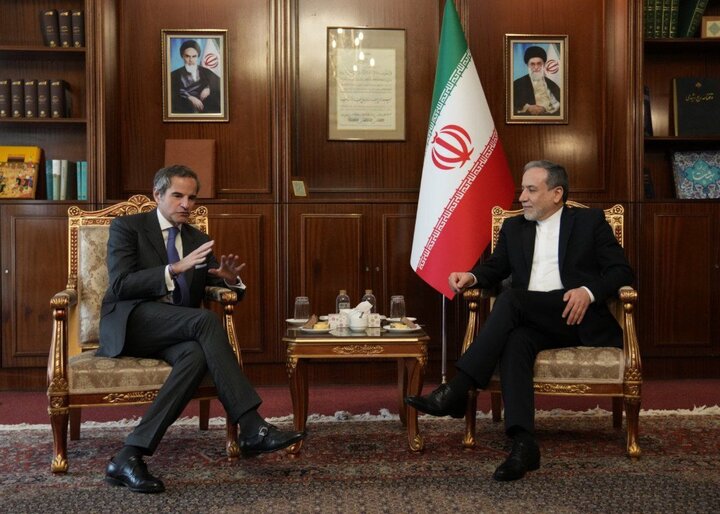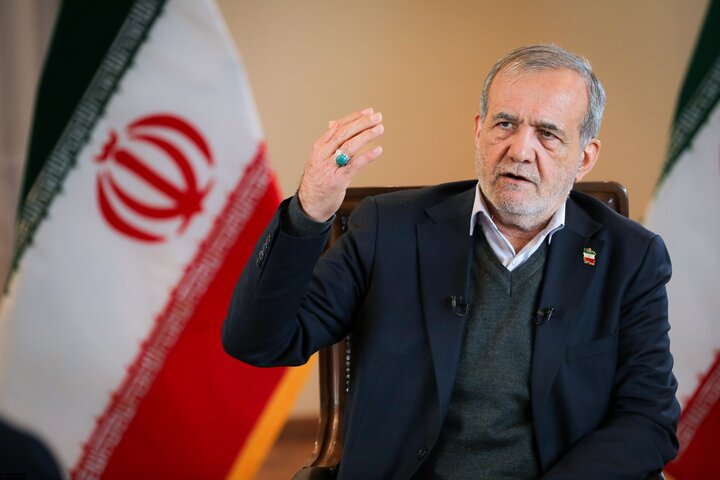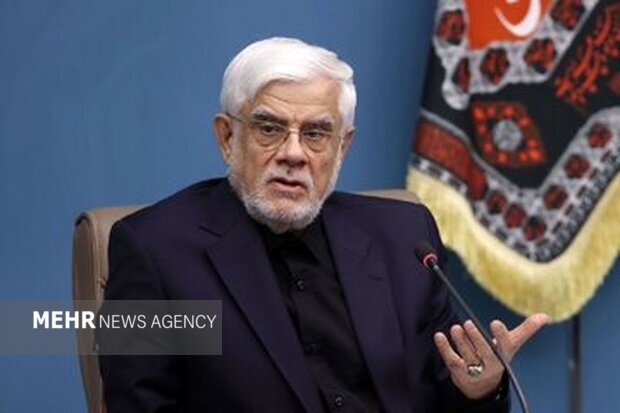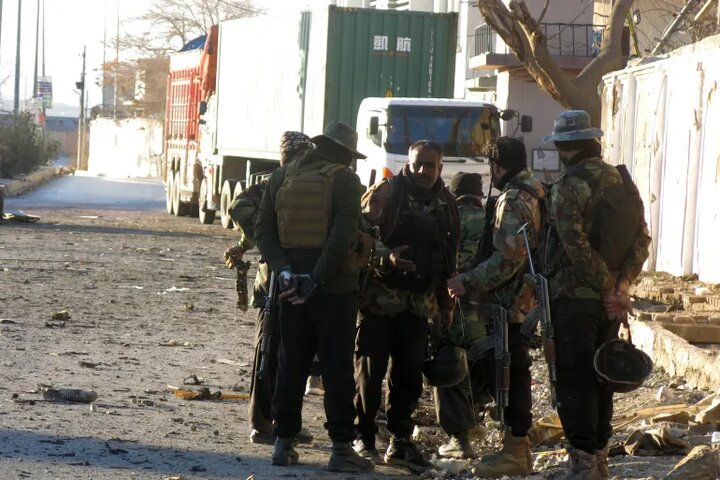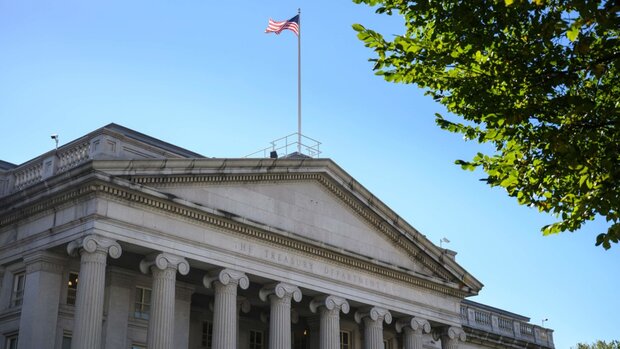
The measures are “guided by G7 commitments to intensify the pressure on Russia,” according to the US Department of Treasury, and they mark the latest move to limit the Kremlin’s revenues and hamper Moscow’s ability to source materials for its war in Ukraine, CNN reported.
The sanctions take aim at foreign financial institutions supporting Russia’s war, restrict Russia’s access to certain US software and information technology services, and target over 300 individuals and entities “whose products and services enable Russia to sustain its war effort and evade sanction,” the department said.
The measures are “guided by G7 commitments to intensify the pressure on Russia,” according to the US Department of Treasury, and they mark the latest move to limit the Kremlin’s revenues and hamper Moscow’s ability to source materials for its war in Ukraine.
The sanctions take aim at foreign financial institutions supporting Russia’s war, restrict Russia’s access to certain US software and information technology services, and target over 300 individuals and entities “whose products and services enable Russia to sustain its war effort and evade sanction,” the department said.
Among the actions is a step that will authorize Treasury to impose sanctions on foreign financial institutions aiding Russia’s military-industrial base. The move threatens sanctions on any financial institution that does business with any previously-sanctioned individual or entity, including Sberbank and VTB bank.
“Russia today has become a war economy, and while Russia is working to build the weapons, from tanks to missiles to aircrafts that they need, fundamentally, they can’t build them alone – they need parts and goods from other countries and from companies and individuals that are not in Russia,” a senior Treasury official said Wednesday. “And today’s actions of expanding our secondary sanctions regime will make it harder and more difficult for Russia to get access to those goods that they need from third countries, and from individuals and companies in those countries.”
DID
